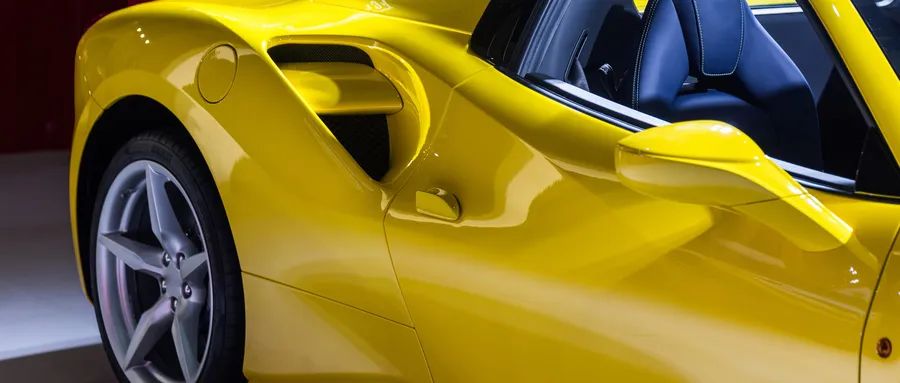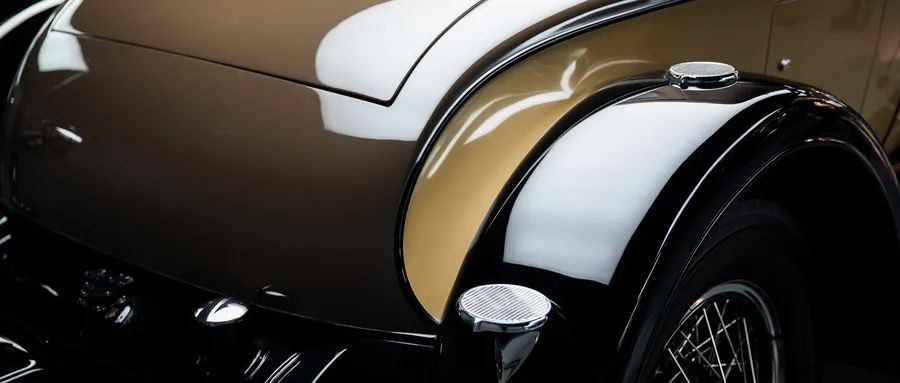Ultra-Luxury Car Owners Survey: Beyond Brand Logos, Chinese Brands Face Deeper Challenges
![]() 04/09 2025
04/09 2025
![]() 423
423
The ultra-luxury car segment, comprising vehicles priced above $150,000, stands as a pinnacle in the automotive market, captivating global consumers with its iconic design, exceptional performance, significant price premium, and unparalleled driving experience. In recent years, amidst a thriving global economy and rising consumer incomes, this segment has demonstrated robust growth.
McKinsey recently conducted a survey of 150 high-net-worth individuals worldwide, most earning between $200,000 and $1 million annually, who have either purchased or are considering purchasing ultra-luxury cars. The study delved into the segment through over 70 key questions, exploring customers' motivations, lifecycle needs, brand loyalty, preferences, and habits. Key findings include:
▍Strong Desire to Preserve or Enhance Vehicle Value
While ultra-luxury car buyers prioritize the driving experience, they also aspire for their vehicles to retain or appreciate in value. However, with rapid advancements in automotive technology, maintaining the residual value of modern ultra-luxury cars presents a significant challenge for manufacturers.
▍Performance as a Primary Consideration
The survey revealed that 83% of respondents valued "perfection," emphasizing the high quality and durability of automotive products. Additionally, 74% deemed "heritage" — a unique and timeless brand perception — as crucial, highlighting the importance of ultra-luxury cars embodying brand history and design. Uniqueness, emotion, and personalization were also significant factors.

▍Emphasis on Driving Pleasure
When it comes to purchase motivations, ultra-luxury car owners prioritize the experience their vehicle can provide. A staggering 86% recognized the driving pleasure, while only 36% viewed ultra-luxury cars as a status symbol. Investment potential (32%) and collectible value (16%) were also valued.
▍Preference for Online Information Channels
Ultra-luxury car buyers utilize various channels to gather information. 40% research vehicles at least once a week, with brand/model-specific online forums, social media platforms (like YouTube), and automotive websites being key touchpoints. This underscores the importance of these platforms during the decision-making process.
▍Low Brand Loyalty
Despite the limited number of ultra-luxury car brands with strong reputations, only 37% of buyers stated they would repurchase from the same brand. A substantial 63% were open to switching brands, indicating a highly competitive market that favors brands meeting customer expectations.
▍Dissatisfaction with After-Sales Service
After-sales service is critical for brand loyalty, yet 45% of respondents were dissatisfied with the current experience, especially electric vehicle owners. Ultra-luxury car owners seek convenient and hassle-free maintenance, disliking cumbersome processes.
To enhance user experience, automakers can leverage technology, such as connected car data for predictive maintenance, digital platforms for service appointments, and AI in customer relationship management.

▍Potential for Ultra-Luxury Electric Vehicles
Electric vehicles are gaining traction in the ultra-luxury segment. 19% of respondents planned to purchase an ultra-luxury EV soon, 18% favored plug-in hybrids, and 27% would consider EVs post-traditional luxury car purchase. Asia leads in EV acceptance, with nearly 50% willing to buy. Large luxury EV SUVs and electric sports cars were popular choices.
Concerns about used EV residual value, driving range, and charging infrastructure deterred some buyers. Automakers can address these by optimizing vehicle residual value, such as through extended battery life and trade-in programs.
▍Chinese Brands Face Recognition Challenges
European brands dominate the ultra-luxury market, leveraging centuries of industrial heritage. Chinese brands, lacking history, credibility, and distribution channels, struggle to gain recognition. 71% of respondents excluded Chinese brands from their repurchase list, though 46% of "innovation explorers" were open to trying Chinese luxury cars, highlighting the impact of new technologies.
Despite global economic and geopolitical uncertainties, ultra-luxury cars remain appealing. 49% of respondents expected to buy more luxury cars, with only 4% planning to reduce purchases. 64% preferred driving and enjoying their ultra-luxury cars, indicating a robust market outlook.
Typesetting by Zheng Li
Source: McKinsey
Image Source: Shutterstock








